

wikipedia January 15, 2001)
Jennifer Jupp and Eoin Wood
Joanne Kates and Leon Muszynski

Ekkehard von Braunmühl (1940) founder of Anti-Pedagogy
Seymour Papert (1928) invented the Logo programming language,
which can be used to teach most computer science concepts
Wolfgang Klafki (1927) critical-constructive educational science
Paulo Freire (1921-1997) most famous for his work "Pedagogy of the Oppressed"
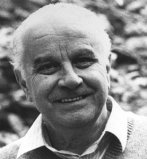
Loris Malaguzzi (1920-1994) founder of the Reggio Emilia system of education and care
Ruth Cohn (1912) founder of "Theme-Centered Interaction"

Ella Flatau (1911-1991) founder of the first Waldkindergarten
Adolf Reichwein (1898-1944) author of „Schaffendes Schulvolk“
in which he outlines a pedagogy of travelling
Martin Wagenschein (1896-1988) stressed the importance
of mathematics and the natural sciences in secondary education
Jean Piaget (1896-1980) most well known for
organizing cognitive development into a series of stages
Kurt Hahn (1896-1974) founded Outward Bound and several other schools
Célestin Freinet (1896-1966) founder of Freinet pedagogy
Lev Vygotsky (1896-1934) pioneered the notion that the intellectual
development of children is a function of human communities, rather than of individuals
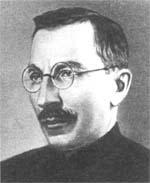
Anton Makarenko (1888-1939) established cooperative homes
for boys left orphaned by the Russian Revolution
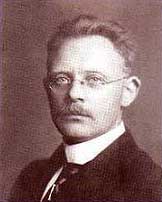
Peter Petersen (1884-1952) synthesized different
concpets of reform pedagogy in the so called Jena Plan
Alexander Sutherland Neill (1883-1973) founded the Summerhill school
which gives pupils and school staff equal voting rights about school rules
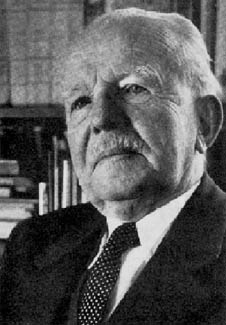
Eduard Spranger (1882-1963) developed a catalogue of human "lifeforms"
following Dilthey's doctrine of Weltanschauung. He also coined the term "homo oeconomicus"
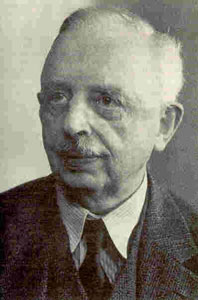
Theodor Litt (1880-1962) author of
"The philosophy of the present and its influence on the ideal of eduction"
Janusz Korczak (1879-1942) author of "How to Love a Child"
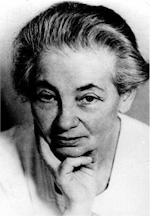
Clara Grunwald (1877-1943) founded the German Montessori-Society and
kept on teaching children even after her facilities were closed by the Nazis
and she was forced to move into a concentration camp
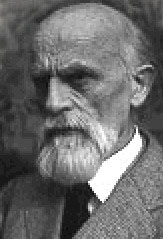
Gustav Wyneken (1875-1964) founded the "Freie Schulgemeinde Wickersdorf"
with Paul Geheeb, was the main spokesman for the Wandervögel movement
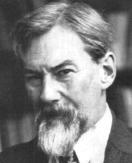
Edouard Claparède (1873-1940) founder of
the Institut Jean-Jacques Rousseau in Geneva
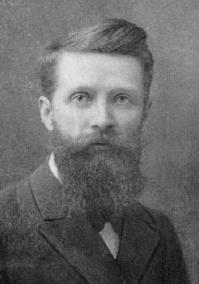
Ovide Decroly (1871-1932) Brussels city doctor involved in
the formation of the ‘Société belge de Pédotechnie’
which dedicates itseld to the scientific study of the child
Paul Geheeb (1870-1961) founded both the Odenwaldschule
and the Ecole d‘Humanité with his wife Edith
Maria Montessori (1870-1952) founder of an eductioanl method which bears
her name and is based on the belief that there needs to be an individual,
joyous, stress-free learning program for each individual child
Frederick Matthias Alexander (1869-1955) developed
the Alexander Technique designed to improve one's kinesthetic judgment
Hermann Lietz (1868-1919) founder of the German Country Boarding School Movement
Rudolf Steiner (1861-1925) founder of Anthroposophy and Waldorf Schools
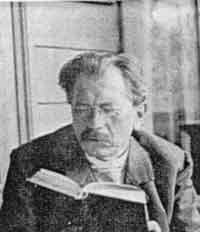
Hugo Gaudig (1860-1923) his theory concentrates on the importance of
assisting students in increasing their ability for self-directed learning
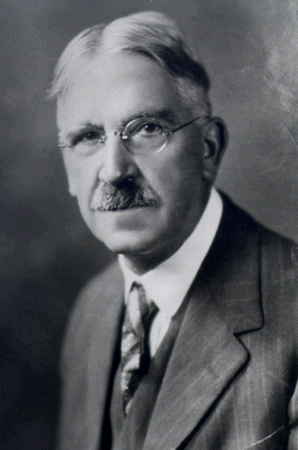
John Dewey (1859-1952) educational reformer
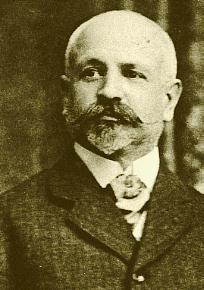
Francisco Ferrer y Guardia (1859-1909) in his work "The Origin and Ideals
of the Modern School" he argued for the coeducation of both boys and girls
Robert Baden Powell (1857-1941) founder of the world scouting movement
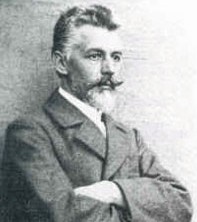
Georg Michael Kerschensteiner (1854-1932) founder of vocational schools
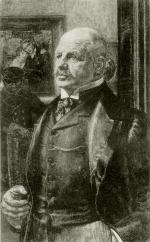
Alfred Lichtwark (1852-1914) founder of the
"Experiential Art Appreciation" method of teaching
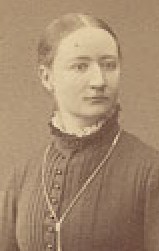
Ellen Key (1840-1926) pedagogue and feminist,
author of "The Century of the Child"
Edouard Séguin (1812-1880) founder of special education,
that is pedagogy for students woth a disability
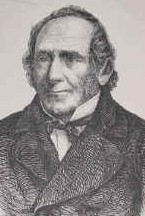
Adolf Diesterweg (1790-1866) leader of the liberal school-reform movement in Germany
which criticized control of education by State and Church
Friedrich Wilhelm August Fröbel (1782-1852) created the word
"kindergarten" for the day-care centers that he founded
Turnvater Jahn (1778-1852) the father of gymnastics
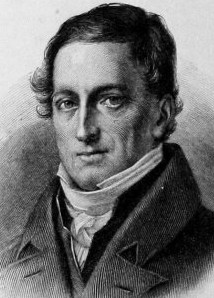
Johann Friedrich Herbart (1776-1841) founder of pedagogy as an academic discipline
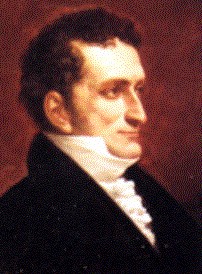
Jean Itard (1774-1838) teacher for the Deaf-Mutes,
earned world renown by taking care of "The Wild Boy of Aveyron"
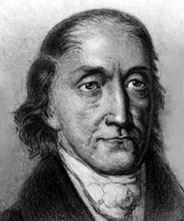
Johann Christoph Friedrich GutsMuths (1759-1839)
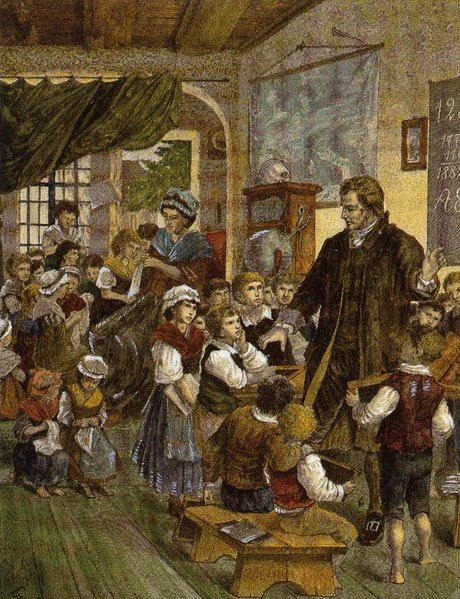
Johann Heinrich Pestalozzi (1746-1827) developed the ideas of Rousseau
and opened his farm-house as a school
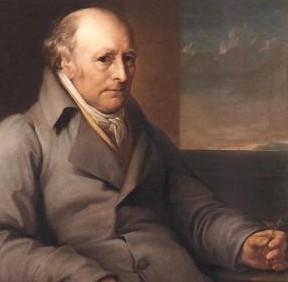
Joachim Heinrich Campe (1746-1818) tutor to Alexander and
Wilhelm von Humboldt, founded a school bookshop
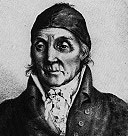
Ernst Christian Trapp (1745-1818) philanthropist, first chair of pedagogy in Germany
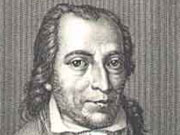
Christian Gotthilf Salzmann (1744-1811) founder of the Schnepfenthal institution
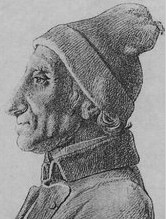
Johann Friedrich Oberlin (1740-1826) founded the first salle d'asile for the care
and instruction of very small children while their parents worked in the fields
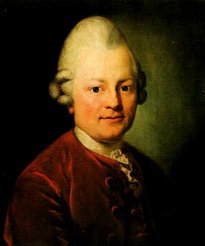
Gotthold Ephraim Lessing (1729-1781) author of "The Education of Humankind"

Immanuel Kant (1724-1804)
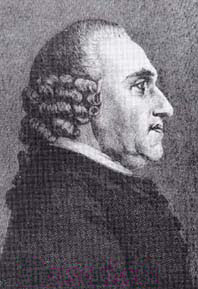
Johannes Bernhard Basedow (1724-1790) educational reformer
Charles-Michel de l'Épée (1712-1789)
.jpg)
Jean Jacques Rousseau (1712-1778)
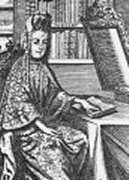
Mary Astell (1666-1731)
August Hermann Francke (1663-1727)

John Locke (1632-1704)
Johann Amos Comenius (1592-1670) Didactica magna
Petrus Ramus (1515-1572)
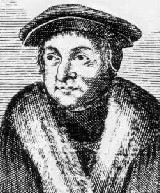
J.L.Vives (1492-1540)

Erasmus of Rotterdam (1469-1536)

Corporal punishment (-1950)
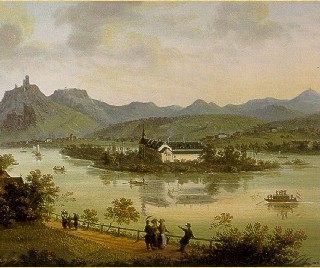
convent schools (9.August 378 - 31.October 1517)
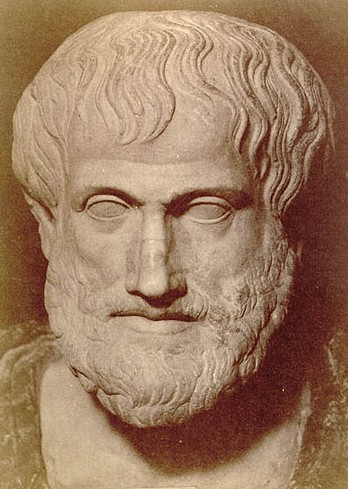
Aristotle (384-322)
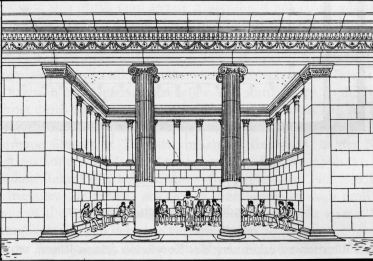
gymnásion
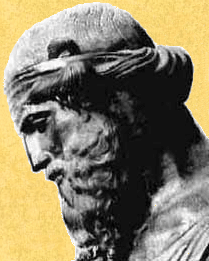
Plato (427-347)
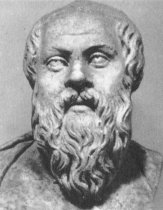
Socrates (470-399)

Pythagoras (570-480)